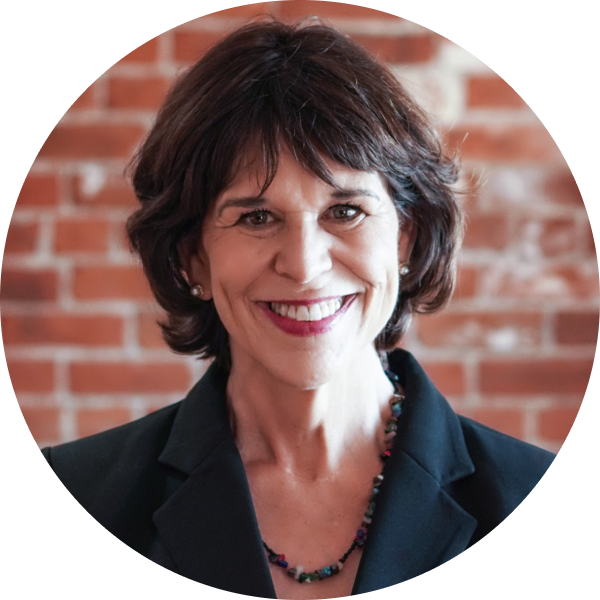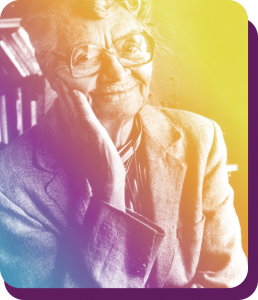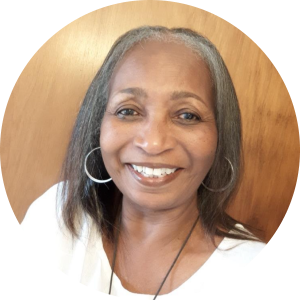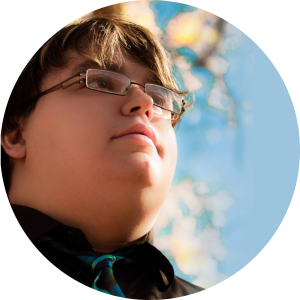
Build Bridges and Develop Rapport With Facilitated Group Dialogue
Help people discover connections, priming the group to move forward together
Connect with others in a relaxed atmosphere of acceptance that builds trust
Bring about greater understanding and build more unity within your group
Prepare group members to work together better on goals or next steps
News & Updates
Support Our Efforts
Are differences and assumptions creating tension in your group?
Do you want your team to work together with more enthusiasm and cooperation?
Do you need to prepare your group to work effectively on their next challenge?

The Art of Group Conversation Can Help
We tend to relate more comfortably to people who share our background, values, or interests. So, how do we communicate and collaborate with people who are different from us?
The Art of Group Conversation is based on memories and storytelling that reveal our "shared experiences instead of ideas and opinions."1 "As we imagine another’s experience, we can more easily identify with each other instead of judging."2 When this identification happens, there is an increased sense of safety and interest which replaces the distrust and “otherness” that comes about when we encounter differences.
Recent neuroscience research indicates that even when we aren’t aware of it, our brains decide instantly whether someone is “one of us” or “one of them.” This reaction is determined by how well we can relate to this person and, if they seem very different, or the difference causes discomfort, we may feel threatened and even be unable to think clearly.3 When we discover that this “other,” shares fundamental values or interests with us, our brains recognize them as safe. Then we can connect, and our best thinking can come forward.
The Art of Group Conversation is not designed for discussion, debate or decision making. It helps people to get better acquainted and is most valuable as a prelude, or preparation for a next step.
Trained facilitators take group members through a process of storytelling and memory matching that bridges the distance caused by discomfort or distrust. Once trust is established and rapport is built, individuals shift into a more positive mindset conducive to more effective group work.
Near the end of each Group Conversation session, facilitators lead participants through a reflection and exploration of the issues concerning the group. When the session ends, the group is better prepared to work toward shared interests and goals and can engage in discussion and decision making with greater ease.

Meet the Team

Russanne Bucci (she/her), Project Director and Facilitator
As a child growing up in Detroit, Russanne was fascinated by the richness of cultural sharing in her family and neighborhood. She was also discouraged by the bigotry and conflict that seemed linked to cultural difference. By college, she knew that she wanted to be engaged as a social justice advocate and improve intergroup relations as her life's work.
After earning her B.A. from the University of Michigan, Russanne got her first opportunity to work in her chosen field and live her passion. She joined Common Ground Theatre Ensemble, a performing group composed of different races, ethnicities, religions and sexual orientations, whose motto was “Creating community in the midst of diversity.” They wrote, directed, and performed original works based on their personal stories, and challenged their audiences by exploring issues of identity and injustice.
Bucci later moved to Philadelphia and worked as a service provider and community organizer for Nationalities Services Center and United Methodist Neighborhood Services. Her work was in urban neighborhoods with diverse populations, members of minority groups, immigrants, and refugees. She also supported the educational goals of international social workers and psychologists doing internships in the U.S. through International Professional Exchange, and corporate employees preparing for work abroad through Inlingua, Inc.
Explore How It Can Work For You
1
Contact us to talk about your goals and interests.
2
Assess needs and develop a plan.
3
Host a dialogue that builds bridges and is a prelude to next steps.
A Technique That Has Stood the Test of Time

The Art of Group Conversation, is based on a dialogue process that was designed just prior to WWII to address anti-Semitism in New York City classrooms. Dr. Rachel Davis DuBois, a Quaker and educator (1892-1993) developed this technique in response to requests for help from classroom teachers who were her students at New York University. The first session was an experiment, and it turned out to be an experiment that worked.
Dr. DuBois observed that rapport would develop quickly among a group of strangers during a Group Conversation session. It also led those who were distrustful of each other because of differences to discover their common humanity. Dr. DuBois went to Europe after World War II with the aid of the U.S. State Department to help repatriate refugees. Dr. Martin Luther King Jr. brought her to southern states during the Civil Rights Movement to train local activists to facilitate the Art of Group Conversation.
In addition, DuBois used the technique in hundreds of schools, neighborhoods, places of worship and other organizations through the 1980s. Participants have exclaimed that this dialogue led them to feel a "sense of unity," "mutual interest" and "joy."4
Recent findings in neuroscience show that during the process of storytelling, which is the primary interaction during a Group Conversation, the storyteller activates the brain of the story listener as if the listener has experienced the event. “It’s a quick way to develop empathy”.5
Listen to Radio Segments
1. Summer Memories: Listen to a national award-winning radio production by Russanne Bucci which features a collage of people sharing their childhood memories of summer. This similarly replicates what it sounds like inside an AGC session.
2. WXPN-FM Radio Production: Listen to this radio piece produced by Russanne Bucci and based on an interview with Dr. Rachel Davis DuBois. It aired on WXPN-FM in Philadelphia in March 1985 in honor of International Women’s Week. (Download the Transcript - PDF)


1 DuBois, R.D. and Soong Li,M. (Date Unknown). The Art of Group Conversation unpublished notebook. Unpublished manuscript.
2 DuBois, R.D. and Soong Li,M. (Date Unknown). The Art of Group Conversation unpublished notebook. Unpublished manuscript.
3 Sell, Joanna. “Shannon Murphy Robinson and Joanna Sell talk about appreciation.” One Word Stories, interview of Shannon Murphy Robinson, Episode #18, May 5, 2021, https://www.youtube.com/watch?v=xVGfYoBjufY
4 DuBois, Rachel Davis and Mew-Soong Li,. (1963). The Art of Group Conversation: A new breakthrough in social communication. Association Press, New York.
5 Sell, Joanna. “Mai Nguyen-Phuong-Mai and Joanna Sell talk about kindness.” One Word Stories, interview with Mai Nguyen-Phuong-Mai, Episode #9, March 5, 2021, https://www.youtube.com/watch?v=nn0MsMkbEWc.
6 DuBois, Rachel and Corann Okorodudu, (1984) All This and Something More: Pioneering in Intercultural Education:An Autobiography. Dorrance and Company, Bryn Mawr.
 Now retired from the State of Michigan, Delores Lyons was a Social Worker with the State Department of Health & Human Services. She is also a former Television News Reporter of 18 years having worked at several network affiliates around the country.
Now retired from the State of Michigan, Delores Lyons was a Social Worker with the State Department of Health & Human Services. She is also a former Television News Reporter of 18 years having worked at several network affiliates around the country. Paul is an advocate, an artist, and a healer. He began his journey in high school where he provided student input for school improvement. Faculty selected him to be facilitator for the annual New Student Orientation where Paul trained as a diversity presenter and coach with the Michigan Roundtable for Diversity and Inclusion. He learned the importance of facilitating discussions grounded in openness and empathy. Paul became skilled in recognizing the value of each person’s unique perspective while weaving them together to develop community and culture.
Paul is an advocate, an artist, and a healer. He began his journey in high school where he provided student input for school improvement. Faculty selected him to be facilitator for the annual New Student Orientation where Paul trained as a diversity presenter and coach with the Michigan Roundtable for Diversity and Inclusion. He learned the importance of facilitating discussions grounded in openness and empathy. Paul became skilled in recognizing the value of each person’s unique perspective while weaving them together to develop community and culture.